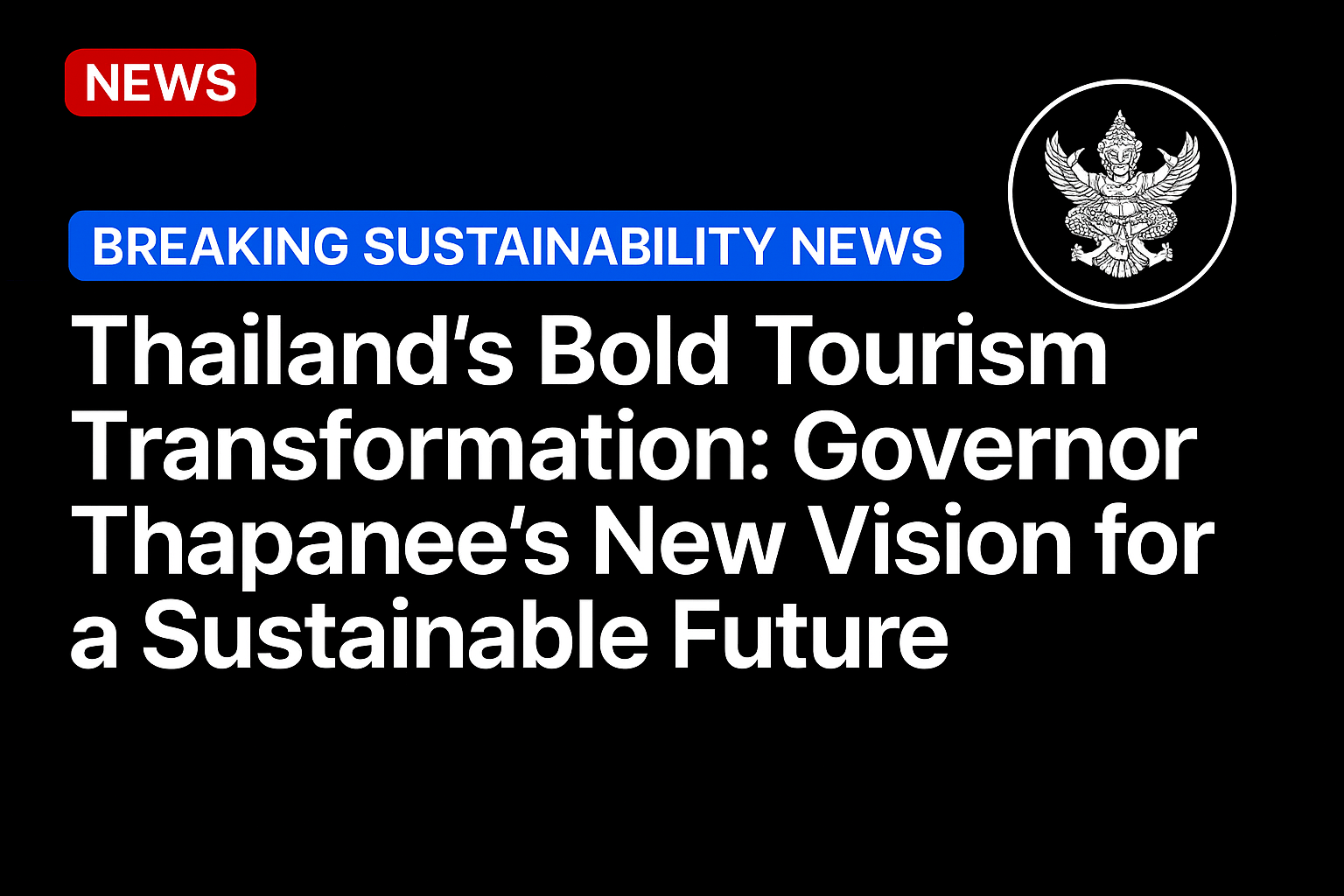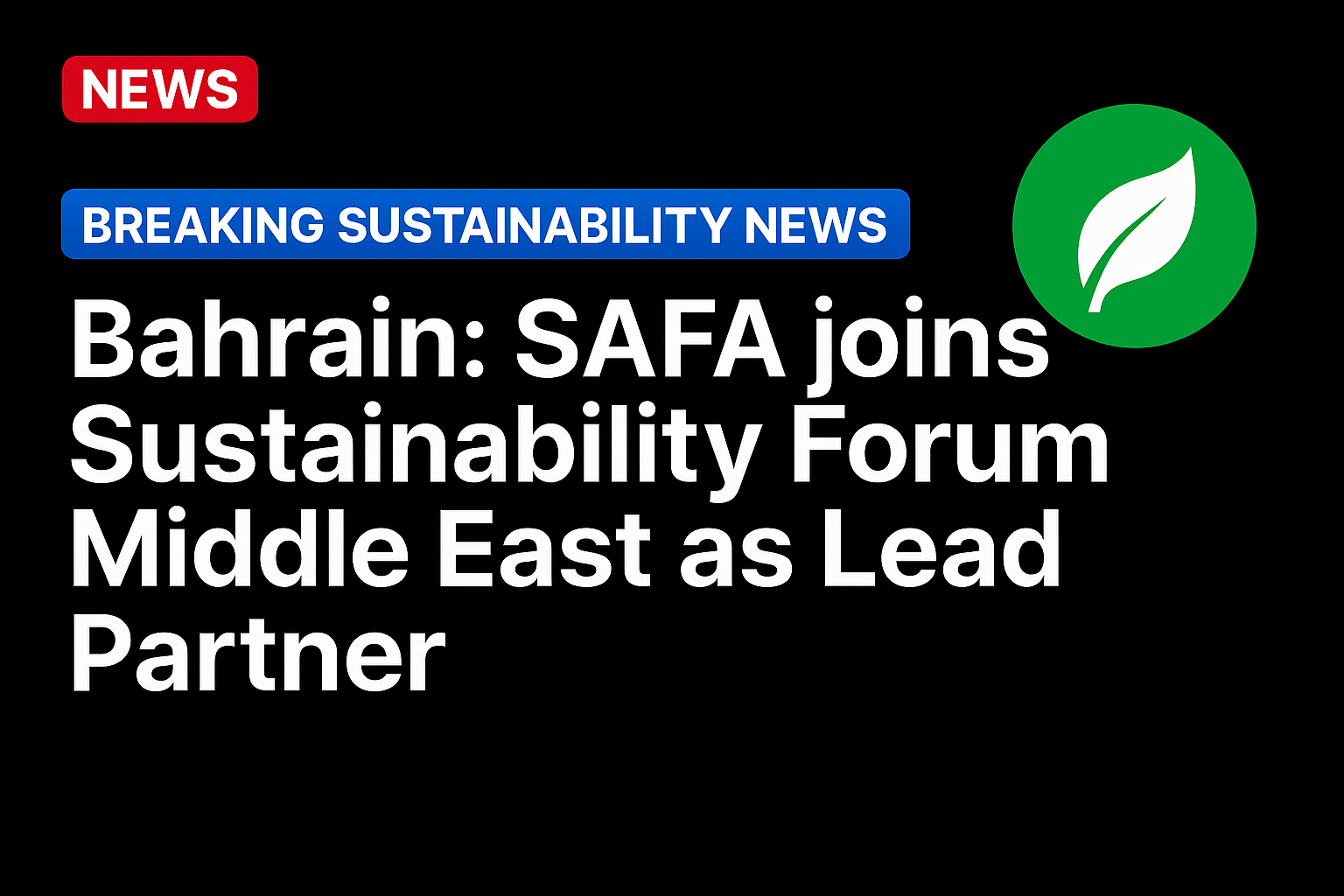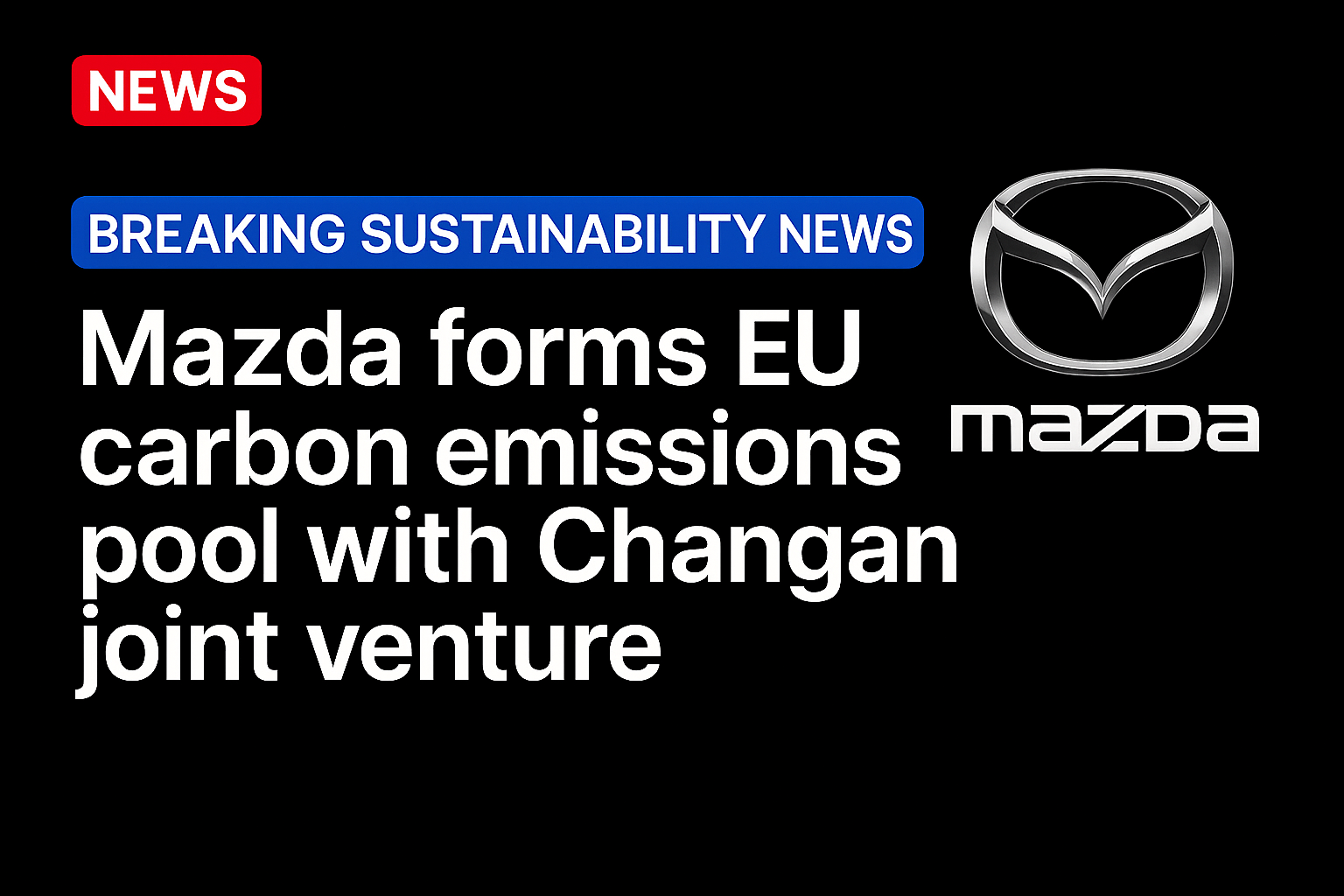Thailand’s tourism sector, driven by the Tourism Authority of Thailand (TAT) and Governor Thapanee Kiatphaibool, is being reshaped through bold sustainability measures, innovative strategies, and a strong cultural foundation. At the heart of this transformation lies a vision that places unity, resilience, and cultural identity at the center of national growth.
Tourism as Thailand’s Driving Force
Tourism has long been regarded as more than a source of income for Thailand. It has been positioned as the lifeblood of the nation’s aspirations, fueling infrastructure development, education, healthcare, transportation, and digital innovation. The unique sense of Thainess, defined by warm hospitality, Buddhist traditions, local customs, and language, has been showcased through initiatives such as Thai Rak Thai, Thai Tiew Thai, and We Travel Together. These campaigns encouraged domestic exploration while reinforcing the country’s cultural presence on the international stage.
As the 21st century advances, tourism continues to be integrated into Thailand’s plans for economic stability and cultural preservation. The sector’s contribution of more than 20 percent of the nation’s GDP reflects its role as both an economic driver and a cultural ambassador.
Leadership Under Governor Thapanee
Under the leadership of Governor Thapanee Kiatphaibool, who assumed the role in 2023, Thailand’s fragmented tourism industry has been reorganized toward a shared direction. For decades, the sector encompassed a wide range of industries, from aviation and hospitality to catering, MICE, digital platforms, and cultural experiences, often working in isolation. A roadmap has now been implemented to foster stronger collaboration between public and private partners, ensuring that efforts are unified and purposeful.
Governor Thapanee has introduced the New Thailand strategy, which is built on five guiding pillars: new customers, new products, new partnerships, new marketing, and new performance metrics. This approach has encouraged inclusion, resilience, and creativity, positioning Thailand as a forward-looking premium destination.
Strong Focus on Sustainability
Sustainability has been established as one of the cornerstones of Thailand’s tourism transformation. Through collaboration with KHATA, the Khon Thai Against PM2.5 and Air Toxicity Alliance, the TAT has engaged in the fight against environmental challenges such as agricultural burning, air pollution, and carbon emissions. By addressing these issues, Thailand is reshaping its narrative from being merely a tourism destination to becoming a regional leader in environmental integrity.
The sustainability approach extends beyond environmental initiatives. Outdated tourism models, such as zero-rated commissionable tours that often repatriated most of their revenue, are being phased out. These models failed to provide value to local businesses, communities, and the wider economy. Instead, Thailand is transitioning toward tourism models that prioritize economic sustainability, ensuring that benefits remain within the country and directly support its people.
Shifting Towards High-Value Tourism
A new focus has been placed on attracting high-value travelers who seek elevated experiences rather than mass-market packages. This includes bespoke wellness retreats, cultural programs, fine dining experiences, and private heritage tours. With its rich cultural traditions, luxury hospitality infrastructure, and diverse landscapes, Thailand has been identified as being well-positioned to cater to these travelers.
One of the most ambitious projects within this strategy has been the revival of luxury rail travel. Japanese train carriages have been imported and reimagined to create royal-style journeys, including the Red Blossom and Blue Train experiences. These trains are designed not only as transport but as immersive storytelling journeys that highlight Thai elegance, service culture, and history.
Empowering Rural Communities
The Village to the World initiative demonstrates the importance of inclusive innovation in tourism. Through partnerships with the Stock Exchange of Thailand and leading corporations, rural communities are being connected to modern tourism models that align with ESG principles. Seven prototype provinces have already been included in this initiative, ensuring that rural populations gain stable economic opportunities while maintaining their traditions.
This focus reflects Thailand’s recognition that rural communities hold untapped potential in shaping authentic experiences for international visitors. By linking local traditions to global tourism trends, Thailand is ensuring that the benefits of tourism are distributed more evenly across the country.
Celebrations, Sports, and Cultural Showcases
Tourism has also been reinforced through national campaigns such as the Amazing Thailand Grand Tourism & Sports Year 2025. This campaign has been structured around five themes: Festivity, Moment, Privilege, Invitation, and Celebration. These themes emphasize the joy, hospitality, and cultural energy of Thailand, ensuring that international visitors experience both traditional and modern elements of Thai life.
Bangkok has continued to shine as the nation’s primary tourism hub. In 2024, the city welcomed 47.20 million visitors, including 32.40 million international tourists and 14.80 million domestic travelers. Affordability, a wide range of attractions, rich culture, nightlife, shopping, and cuisine have positioned Bangkok as a global leader in urban tourism. The city’s airport hub further enhances its accessibility as a gateway to the rest of Thailand and the Asia-Pacific region.
Film Tourism and Global Promotion
Another innovative element of Thailand’s strategy has been the Location Thailand program, which converts international film production sites into travel landmarks. Productions such as The White Lotus Season 3 and Jurassic World: Rebirth have been filmed in destinations like Phuket, Trang, and Krabi. These projects generate both visibility and economic growth, with incentives such as 30 percent cash rebates ensuring Thailand’s appeal as a global film hub.
Ambitions and Carbon Neutral Goals
Thailand’s tourism revenue target of 3 trillion baht by 2026 reflects the scale of ambition behind these efforts. To achieve this, TAT has focused on expanding international air connectivity, strengthening digital engagement, and embracing AI-driven platforms to meet modern traveler expectations.
At the same time, Thailand has committed to a Carbon Neutral and Net Zero Tourism framework in collaboration with the Thailand Science Research and Innovation (TSRI) body and other research institutions. This long-term framework aligns with global sustainability goals and demonstrates Thailand’s growing role in advancing climate-smart travel practices.
Thailand’s tourism strategy under Governor Thapanee Kiatphaibool has been designed as a full-spectrum transformation. By combining sustainability, high-value markets, cultural integrity, and innovation, Thailand is being positioned as a premium global destination. Communities, businesses, and institutions are being united under a single vision, ensuring resilience and long-term growth.
The strategy demonstrates that tourism in Thailand is more than an economic resource. It is a cultural lifeline, a tool for sustainability, and a path toward global leadership in responsible travel. With clear goals, bold initiatives, and a unified direction, Thailand’s tourism future is being redefined with one leader and one vision guiding the way forward.
Source: https://www.travelandtourworld.com/




